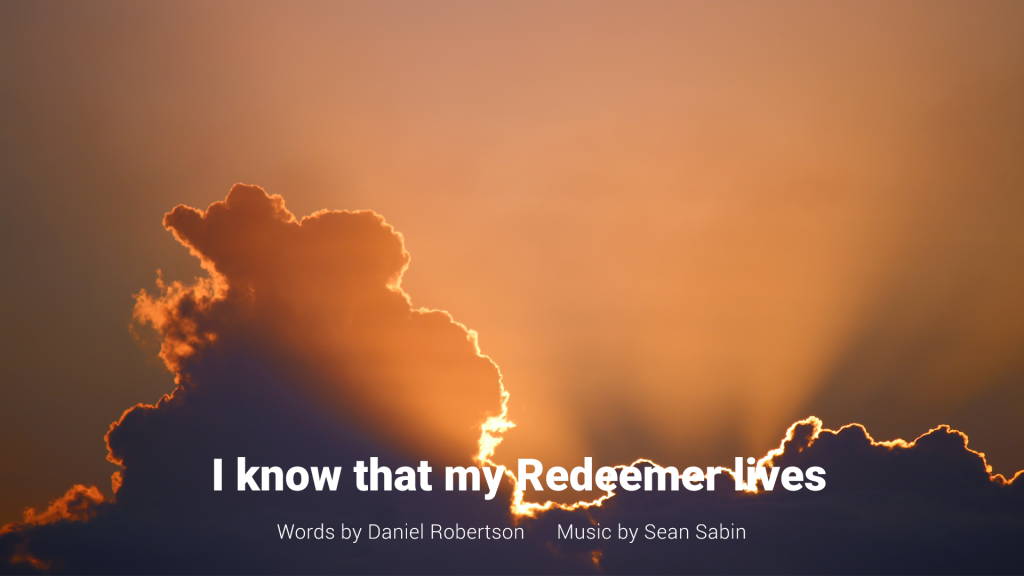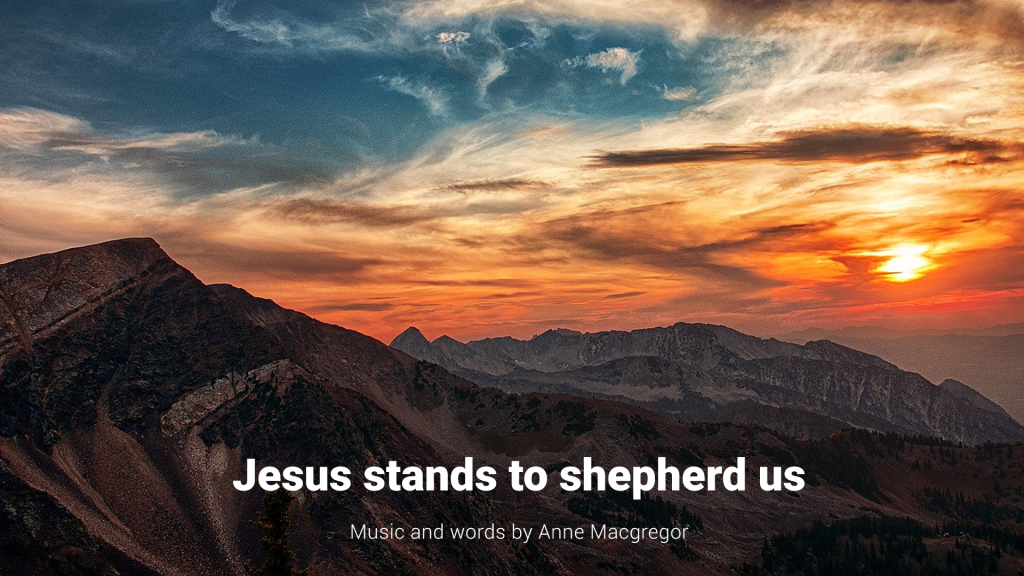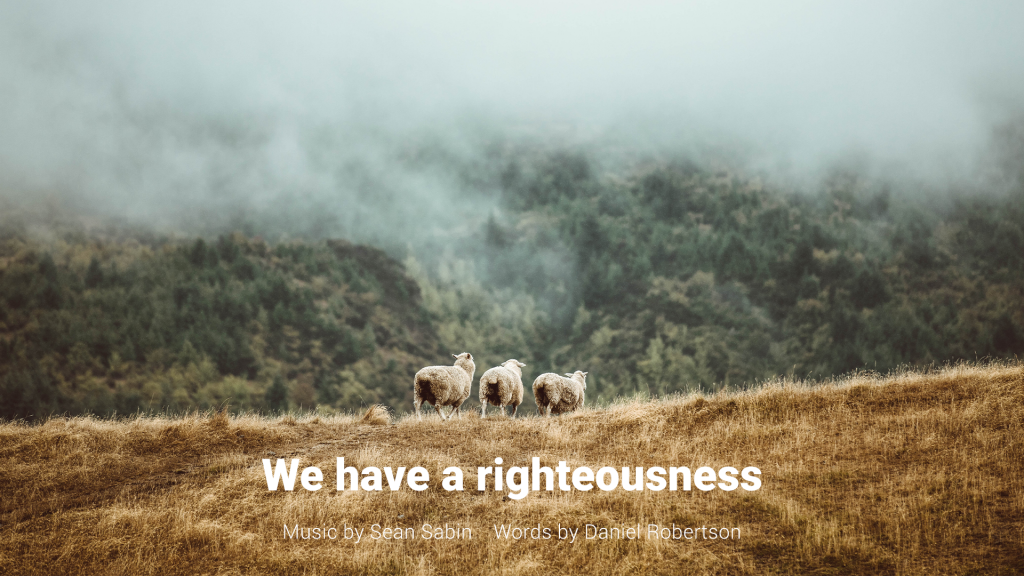Over the years, several members of Beeston Free have written songs that we now sing regularly in our services, and we are very happy for other churches to make use of them too. You are free to download the lead sheets, and copy and use them in a church context, with appropriate copyright acknowledgements. (If you do find yourself regularly using any of these songs, we would really appreciate you letting us know by emailing the church office.) Click on the titles below to get more details.
This song is based on the book of Job and focuses on the suffering and lament that Job goes through. The first half of each verse speaks of the uncertainty, pain and sadness that is all too often our experience in life, followed by an affirmation of what we know in the Gospel about Jesus, and his grace and kindness to us providing reassurance. The final verse is taken from Job 19:25-27 – “I know that my redeemer lives, and that in the end he will stand on the earth. And after my skin has been destroyed, yet in my flesh I will see God.“
This was originally written to support a sermon series on Micah, so that is where lots of the lyrics and imagery comes from. However, the combination of confession before the holy God and confidence in Jesus is one that continues to be helpful for us to sing as a church. (I do apologise for the key.)
Written to sing alongside a series on Lamentations, this song recognises the seriousness of sin, the need for repentance, and the mercy of the cross. The optional layering of the bridge with the melody of the verse or chorus reflects in the music the way that some descriptions of God’s judgement on the city foreshadow Jesus’ suffering in our place.
The words of this song are based on a Puritan prayer (published in The Valley of Vision as ‘Spiritus Sanctus’) and its combination of honest confession with heartfelt, hope-filled appeals to the Spirit has resonated with us as a church. We are so dependent on the Spirit to warm and transform and direct our hearts!
This song is inspired by much of the Theology of the Puritans. Richard Sibbes spoke so fondly of the righteousness of Christ that means God doesn’t see our weakness, but our strength in Christ, that doesn’t see our failings, but our goodness in Christ, that doesn’t see our sin but our righteousness in Christ. It is a song of reassurance that we don’t look inward for our justification before God, but we look upward to Jesus, the perfectly righteous Lord and Saviour, and that we see our standing before God through him.






